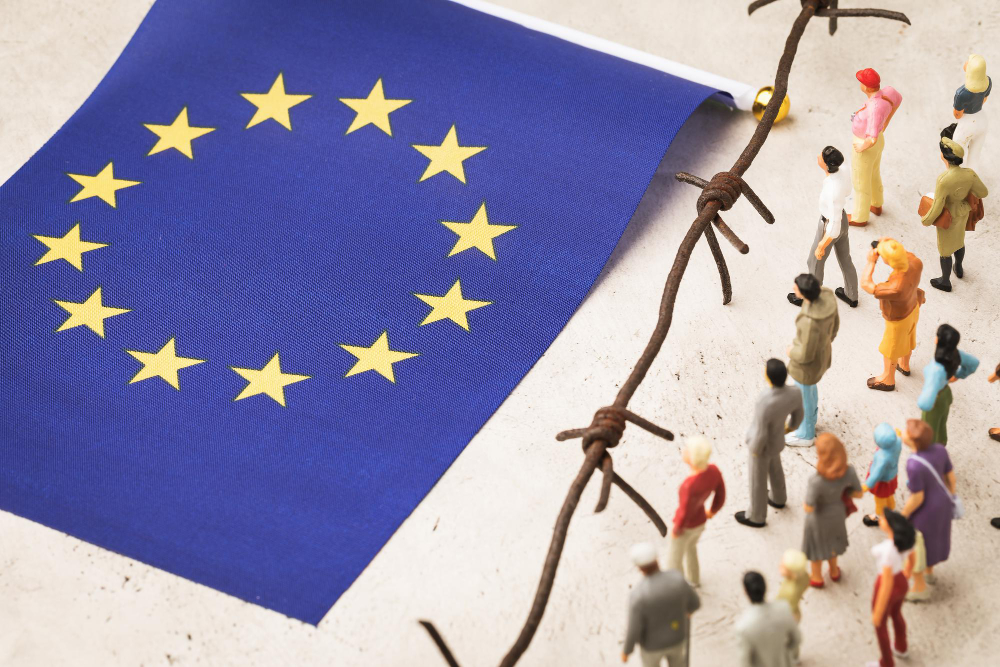A report highlights the challenges irregular migrants encounter in Europe when trying to access legal assistance.
Here are the key points from the 2023 GRETA report:
- Accessing legal assistance poses challenges for irregular migrants, as highlighted in the report.
- GRETA points out that certain categories of human trafficking victims, like irregular migrants, are not eligible for legal aid.
- The report also identifies a shortage of lawyers with expertise in representing trafficking victims.
The recent report from the Group of Experts against Trafficking in Human Beings (GRETA) of the Council of Europe highlights concerns regarding the challenges faced by irregular migrants in accessing legal assistance. According to GRETA's latest general report for 2023, legal aid is unavailable for certain categories of human trafficking victims, including irregular migrants, in several countries. Additionally, there is a shortage of lawyers specialized in representing trafficking victims.
Helga Gayer, the President of GRETA, emphasized the importance of access to legal assistance and free legal aid in facilitating and ensuring access to justice. Gayer stressed the significance of early access to legal assistance for potential trafficking victims before making official statements or deciding whether to cooperate with authorities. Such access is crucial for enabling victims to pursue civil actions for compensation.
The report, which includes 11 new country evaluation reports, identified challenges in providing information to trafficking victims and ensuring it is comprehensible and sensitive to their situations. GRETA attributed this to obstacles in securing qualified and independent interpreters for victims. Additionally, challenges were noted in obtaining compensation from perpetrators through criminal or civil proceedings.
GRETA expressed concerns about the low number of prosecutions and convictions for human trafficking, emphasizing that failure to convict traffickers and the lack of effective sentences contribute to a culture of impunity. Despite some positive developments, such as legislative changes and the issuance of guidelines related to non-punishment provisions, GRETA stressed that gaps in identifying trafficking victims continue to hinder the application of these principles.

